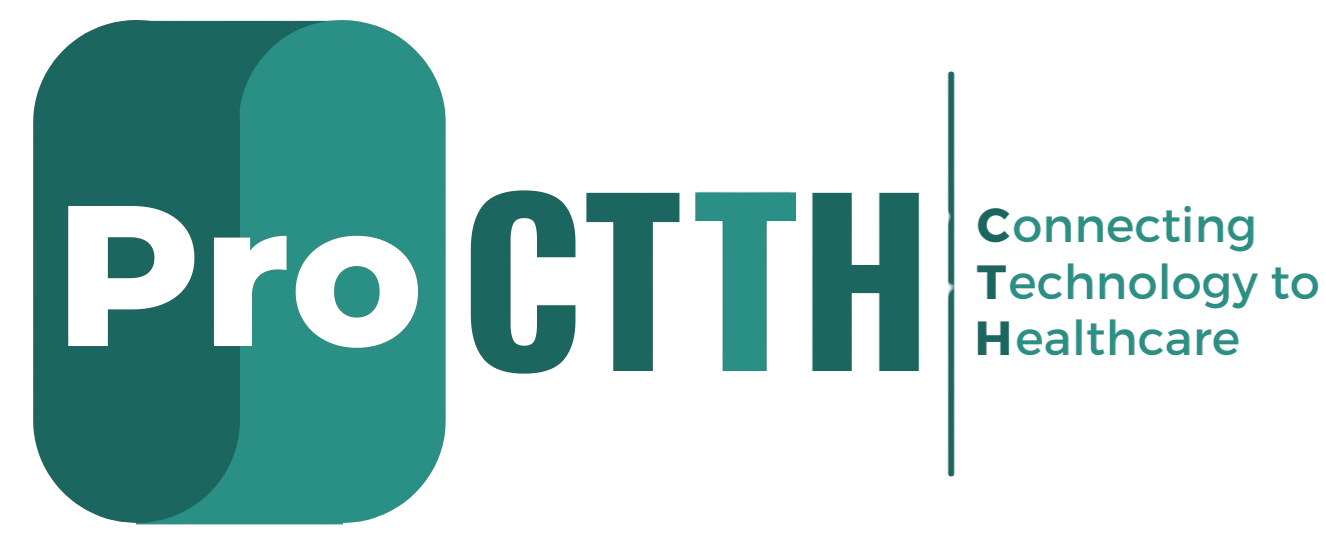Understanding Decentralized Clinical Trials
Decentralized clinical trials (DCTs) present a modern approach to clinical research that diverges from traditional site-based methods. By minimizing the necessity for patients to visit centralized locations, Decentralized clinical trials (DCTs) offer a more flexible and patient-focused experience. This methodology employs technology and remote techniques to gather data, engage participants, and monitor their health.
Benefits of Decentralized Trials
- Increased Patient Access: Decentralized Trials enhance accessibility by allowing patients to participate from their homes or local healthcare facilities, which is especially advantageous for those in remote or underserved regions.
- Enhanced Patient Engagement: The use of mobile technology, telemedicine, and wearables promotes continuous communication between researchers and participants, which can lead to higher retention rates.
- Improved Data Collection: With electronic data capture (EDC) systems and remote monitoring tools, DCTs enable real-time data collection, improving accuracy and reducing human error.
- Faster Recruitment and Enrollment: Digital marketing strategies help reach a broader audience quickly, expediting the enrollment process.
- Cost Efficiency: Conducting trials remotely can lead to significant savings by reducing overhead costs associated with physical sites and patient travel.
- Flexible Trial Design: Researchers can implement adaptive protocols that respond dynamically to real-time data, ensuring the research remains relevant.
- Regulatory Acceptance: Regulatory bodies are increasingly recognizing the value of DCTs, providing guidance that supports their implementation.
Impact of Decentralized Trials Broad Participant Pool:
The increased reach among participants means a wider pool of study participants thereby increasing the generalizability of the study outcomes.
- Improved Study Quality: Better retention and increased speed of recruitment allow for the completion of the study in a timely manner.
- New Ways of Doing Science: The effectiveness of DCTs will spur the development of new research methodologies and tools for improving data collection and patient interaction.
- Transformation of Relationship between Patients and Healthcare Providers: DCTs are centered around the patients and are in line with the current trends that require transparency and active participation in health decision making within patients.
- Persistent Transformation of Clinical Research: Growing acceptance of DCTs could perhaps change the way clinical studies are conducted, fundamentally.
- Shifting Focus Towards Patients: DCTs have the potential to bring patients closer to clinical activities, thus increasing trust in researched treatments.
Key technologies adopted in Decentralized Clinical Trials
DCTs leverage different technologies aimed at increasing the effectiveness of the trials: Telemedicine: Enables consultations to be carried out remotely.
- Wearable Devices: Provide continuous data of health.
- Mobile Health Apps: Enhance the ability to monitor symptoms, as well as medication compliance.
- Electronic Data Capture (EDC): Reduces the paper work in terms of managing registered data that has been shared online.
- Blockchain Technology: Protects the accuracy of the data.
- Artificial Intelligence: Interprets large volumes of data to assist in planning of the most effective trial.
- Remote Patient Monitoring: Gives the capability to continuously track health.
- Cloud Computing: Enables secure storage of data.
The Role of Mobile Applications.
DCTs are enhanced significantly by the application of mobile technologies which increase participant involvement as well as ease the process of data collection. Such possibilities include easy access to the trial information, sending health updates in real time, and providing timely notifications to events or activities. Moreover, such applications may also work with other devices, particularly wearables which may require constant monitoring amid strict data security conditions through encryption.
Future trends in Patient-Centric Clinical Research.
With the improvement in the healthcare system, a shift towards patient-centric strategies in DCTs is expected. Some of these trends will include:
- Technology Usage Optimization: This will facilitate patient specific interactions as well as timely data gathering.
- More Targeted Communication: Advanced techniques need to be employed that would speak to the individual patient as opposed to generalize communication.
- Highlighting Diversity and Inclusion: Future studies will aim to achieve a diverse patient population.
- Data Isolation: Usable and secure clouds will facilitate data transfer and sharing between parties.
- Regulatory Changes: Policies will be modified to accommodate some features of the DCTs.
- Focus on obtaining patient-centred measures: There will also be new measures to be adopted that will consider satisfaction and quality of life.
- Synergistic Alliances: All parties concerned will work together in designing the study.
- Feedback loops: Depending on the patient feedback, studies will be changed during the study phase.
Conclusion
The prominent shift in the approach to conducting clinical research is attributed to Continuous Development of Decentralized Clinical Trials (DCTs) as these trials stand to improve patients, access engagement and data collection. Furthermore, with the use of digital tools like telemedicine and mobile apps, DCT improves the reach as people can participate from their homes leading to greater diversity and improving research outcome. The future is brighter in this regard as there will be more innovations that focus on personalized engagement and adaptable designs in the midst of adapting regulatory measures to facilitate the change towards inclusive clinical approaches.

